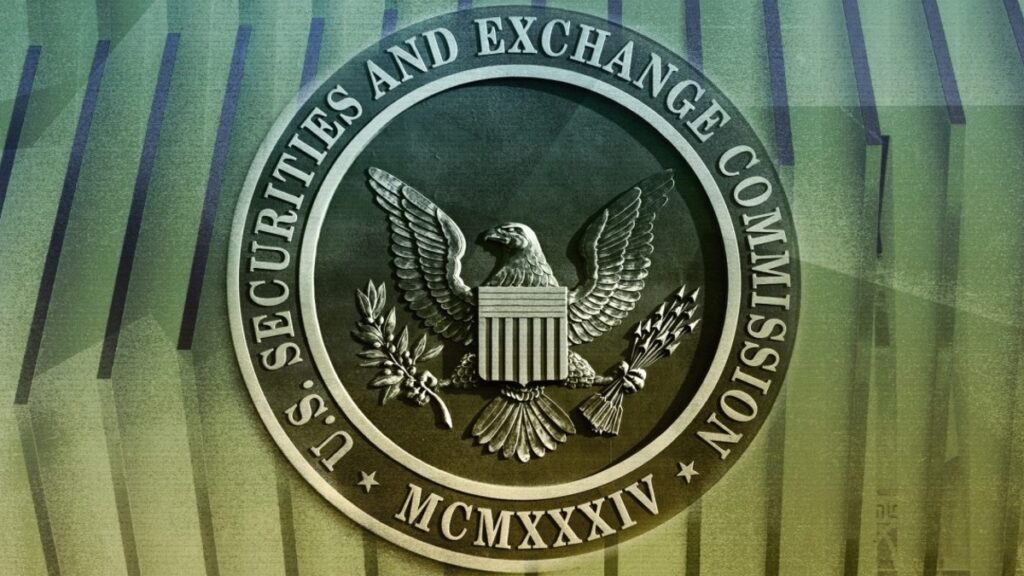Texas-based crypto startup Lejilex has accused the United States Securities and Exchange Commission of exceeding its regulatory authority.

Lejilex, a crypto startup, and the United States Securities and Exchange Commission have submitted opposing briefs for summary judgment in a federal court in Texas, which has significantly escalated their legal dispute regarding the classification of cryptocurrency.
Lejilex, a member of the Crypto Freedom Alliance of Texas, stated in its brief on Oct. 3 that it would facilitate crypto transactions rather than sell securities. It also accused the SEC of exceeding its regulatory authority.
“The fact that the SEC perceives digital assets to be different is no justification for its massive regulatory land grab.”
Founded last year, the Texas-based organization intends to establish a cryptocurrency exchange by 2024. It seeks a preemptive judgment that its business will not violate securities laws.
According to Lejilex, the SEC seeks to portray asset sales as security transactions broadly and believes this “transformative expansion of its regulatory power” should be unrestricted.
Nevertheless, the SEC asserts that the lawsuit attempts to persuade the court to determine that cryptocurrencies are not securities.
The SEC also addressed the standing issue, contending that Lejilex was not subjected to any agency enforcement action.
Lejilex requested that the court determine in February that the listing of pre-existing tokens will not contravene securities laws. “We would rather be launching our business than filing a lawsuit, but we are where we are,” co-founder Mike Wawszczak told Reuters.
In an Oct. 4 X post, Coinbase chief legal officer Paul Grewal addressed the briefs, asserting that the SEC’s arguments regarding classifying a digital asset transaction as a securities transaction are inconsistent with the asset’s nature.
“It is remarkable because they presented the exact opposite argument to Judge Failla in our case,” he stated. The SEC filed a lawsuit against Coinbase last year, alleging that the exchange sold unregistered securities. Coinbase denies this claim.
“This is the government acting on behalf of all of us.” It is unacceptable to inform one adjudicator of one thing while informing another of the opposite. “We deserve superior treatment,” Grewal stated.
This week, Ripple executives and attorneys expressed dissatisfaction with the SEC’s appeal of a 2023 court ruling that determined secondary XRP transactions did not qualify as securities.
In response to the SEC’s proposed appeal, Republican Senate candidate John Deaton stated, “The SEC will now waste more taxpayer money because it is pursuing an anti-crypto agenda.”
